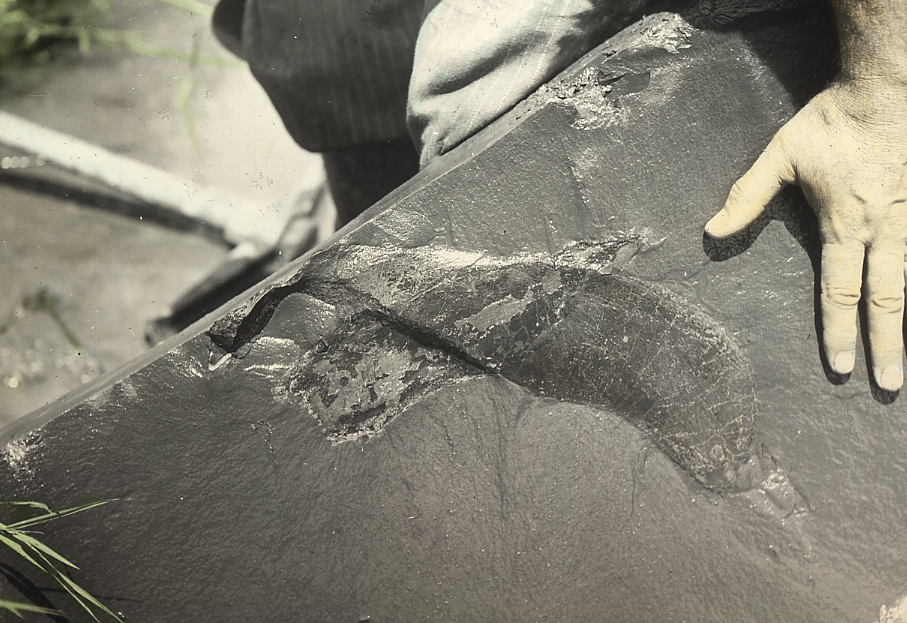
Desiring Auden Desiring “Wulf and Eadwacer”: Towards a Poetics of Anglo-Saxon Historiography
This paper will investigate, as a historiographical relationship of desire, the Exeter Book poem “Wulf and Eadwacer” and W.H. Auden’s early poem “The Secret Agent” (or “control of the passes was the key...”). Starting from the possibility of Carolyn Dinshaw’s “touch across time,” the paper reads the history of the interpretive and philological enigmas of the Anglo-Saxon poem. Acknowledging the Old English poem’s own complex discourse of physical pleasure, desire, and pain/longing, it reads the history of the poem and its scholarship as a historiographical riddle provoking a set of questions about the possibilities of taking pleasure in Anglo-Saxon texts. The paper then will closely read Auden’s poem and relevant archival material as a site that provokes a certain pleasure in being haunted by the painful enigmas of “Wulf and Eadwacer”: the convergence of linguistic, sexual, and poetic histories that seem impossible to represent because of a contemporary reader’s condition of having always already been, like those both in Auden’s poem and the Anglo-Saxon poem, naefre gesomnad . I thus intend to ask what it means to desire/take pleasure (across time) in a poem with such enigmatic status as a poetic and historiographical practice. In the interest of brevity, despite the interest in pleasure “across time,” I can only gesture at what it means that this paper partakes of the “recent” turn to questions of temporality in queer and medieval studies. What the paper attempts to provoke, in a preliminary manner, is the possibility of a poetics (of pleasure and desire) of medieval historiography: what it means to take pleasure in, and to desire, the impossibility of our (plural, not OE dual) giedd geador with Anglo-Saxon texts.
--
other possible 'informants' for the project: Specters of Marx , Karma Lochrie's Heterosyncrasies ....

4 comments:
A wonderfully framed project I think. Some associations:
Today I started reading Agamben's Stanzas: Word and Phantasm in Western Culture, which walks in the same problem: "the reconstruction of the theory of the phantasm that subtends the entire poetic project bequeathed by troubadour and Silnovist lyric to European culture and in which, through the dense textual entrebescamen (interlacing, interweaving) of phantasm, desire, and word, poetry constructed its own authority by becoming, itself, the stanza offered to the endless joy (gioi che mai non fina) of erotic experience" (xviii). So what is the Anglo-Saxon "stanza," the erotic space, where there is precisely no stanza, no room?
On Marx, Michel Henry's Marx: The Philosophy of Human Reality is interesting. I've read the part on Marx's Theses on Feuerbach, dealing with praxis and the sensuous -- praxis founds theory and so forth -- which seems very relevant to what you are thinking about.
Karma Lochrie lectured last weekend at Columbia, and helped move me to write something earlier today about gender at the Medieval Club of New York that you might enjoy.
Nicola, thanks for the tips. The Marx on Feuerbach does sound helpful, to be sure.
I am not entirely sure about what my thoughts about _Heterosynchrasies_ have landed on. In some respects, i find her historiography so tenuous, and not consistent in its application of the intro. material's suggestions of re-thinking SO much of medieval sexualities (which is to say, I am not sure to what extent she delivers on her promise). At times, the historiography even seems to echoe John Boswell. But it provokes a-plenty. If you can re-coup any of this for me, please do!
But nice piece on the Medieval Club blog, nice piece.
Dan: this is a brilliant idea, and I would like to publish it in "The Heroic Age," under the auspices of "Fragments from the BABEL Archive" [likely in Issue 13 or 14, so you would have plenty of time to revise, expand, etc., and of course, I'd love to see the seminar paper as soon as you are done with--perhaps even share drafts here, and I could make comments, if you like?]. Let me know what you think: it's a brilliant idea, by the way.
Eileen
I would be honored to contibute to Heroic Age and the "Fragments." I will also be glad to post pieces of it an my thinking about it as I go. And, thank you for the encouragement!
Post a Comment